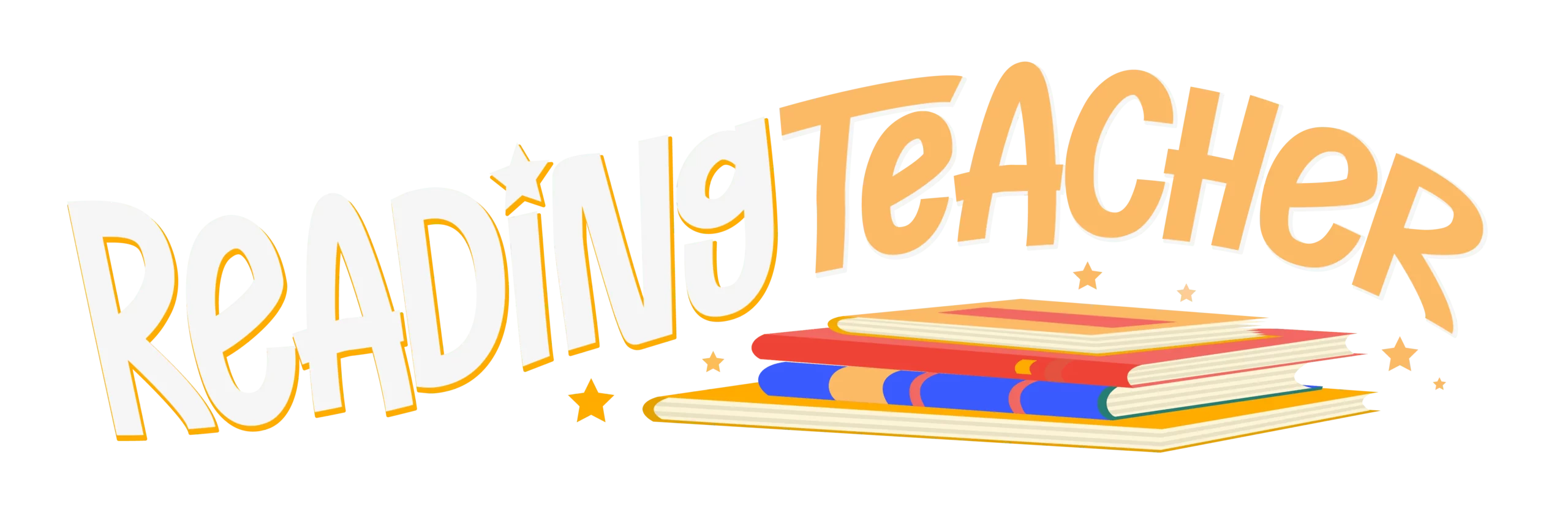The Best Reading Tools for Kindergarten Teachers
Introduction:
Kindergarten teachers play a crucial role in the development of young children's reading skills. With the right tools and techniques, teachers can help students build a strong foundation for reading and literacy. As an experienced educator with a background in elementary education, I understand the importance of preparing young students for success in their future academic careers. Reading is a critical skill that sets the foundation for success in all subjects, and it is crucial to begin building strong reading skills in the early years of a child's education. In this article, I will provide tips, tools, and resources for parents to help their child develop the skills and love of reading needed for success in Kindergarten.
The Importance of Preparing Early:
Starting early with reading preparation is essential because research shows that children who have developed pre-reading skills have a higher likelihood of success in their later academic years. Reading is a complex process that involves several skills, including phonemic awareness, phonics, vocabulary, and fluency. Preparing a child for Kindergarten reading success requires a focus on building these skills in the early years, so they are ready to read and learn when they enter the classroom.
Building Pre-Reading Skills:
There are several pre-reading skills that parents can work on with their children to help them get ready for Kindergarten. One of the most critical skills is phonemic awareness, which is the ability to recognize and manipulate the sounds in words. Phonemic awareness is essential for learning to read, and it can be developed through simple activities like rhyming games, sound matching, and syllable clapping.
Another pre-reading skill is alphabet knowledge, which is the ability to recognize and name the letters of the alphabet. Parents can help their child develop this skill by exposing them to books with large, clear print and by using alphabet toys, games, and puzzles.
Phonics Games:
Phonics games are an excellent tool for helping young children learn the sounds of letters and words. There are many different types of phonics games that teachers can use, including flashcards, matching games, and memory games. These games can be used to reinforce phonics skills and help students learn the sounds of letters and words in a fun and interactive way.
Sight Word Recognition:
Sight words are words that children should be able to recognize instantly, without having to decode them. To help children learn these important words, teachers can use flashcards, word walls, and sight word bingo games. These tools help students learn the most common sight words and recognize them quickly and easily.
Preparing Children for Reading Lessons:
Preparing children for reading lessons is an important part of the process of teaching them to read. To help children get ready for reading lessons, teachers can provide them with a quiet and calm environment, plenty of time to focus, and a variety of materials to work with, such as books, worksheets, and reading games. By giving children the right tools and resources, teachers can help them feel confident and comfortable as they learn to read.
Phonemic Awareness:
Phonemic awareness is the understanding of the sounds of language and how they can be used to form words. To help children develop phonemic awareness, teachers can use rhyming games, clapping out syllables, and playing with sounds. These tools can help children understand the sounds of language and the way that words are made up of individual sounds.
Effective Reading Tools:
There are many different tools and resources that teachers can use to help children learn to read. Some of the best tools include books, worksheets, and reading games, as well as digital resources such as e-books, reading apps, and educational websites. By using a variety of tools, teachers can provide children with a well-rounded and engaging learning experience that will help them develop strong reading skills.
Encouraging a Love of Reading:
In addition to building pre-reading skills, it is crucial to encourage a love of reading in children. Research shows that children who enjoy reading are more likely to become lifelong readers, and they are also more likely to perform well in school. To encourage a love of reading, parents can provide their child with access to a wide variety of books and reading materials, read to them regularly, and allow them to choose their own books.
Resources for Parents:
There are many resources available to parents who want to help their child prepare for Kindergarten reading success. Local libraries, bookstores, and educational websites are great places to start, and many of these resources are available for free or at a low cost. For example, local libraries often offer storytimes for young children, and many bookstores offer free activities and events for kids.
Another great resource for parents is the website of the International Literacy Association, which provides a wealth of information and resources for parents, including tips for encouraging a love of reading, a list of recommended books for children, and information about pre-reading skills.
Conclusion:
Kindergarten teachers play a critical role in helping young children learn to read. With the right tools and techniques, teachers can help children build a strong foundation for reading and literacy. Whether you're looking for phonics games, sight word recognition tools, or resources to help prepare children for reading lessons, there are many effective tools available to help teachers make the most of their time and resources. By using the best reading tools available, teachers can help children build a lifelong love of learning and a foundation for success.
Start Teaching Reading for Free Now!
Access Level 1’s four interactive stories and the accompanying supplemental resources to teach elementary students how to read. No credit card is needed. Join the 42,635 teachers and students using our reading program.

